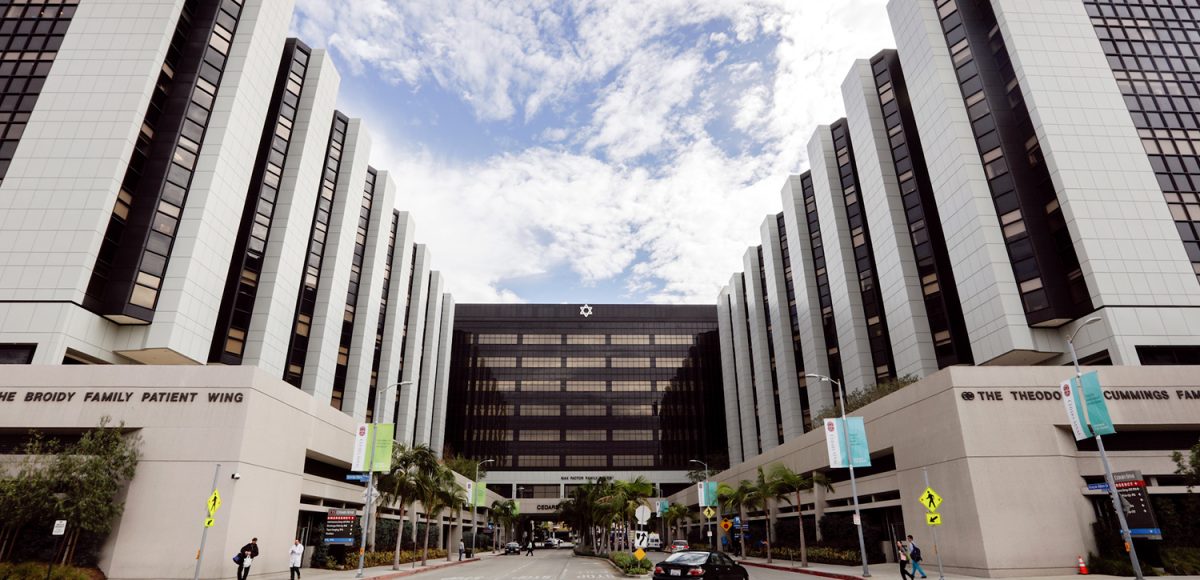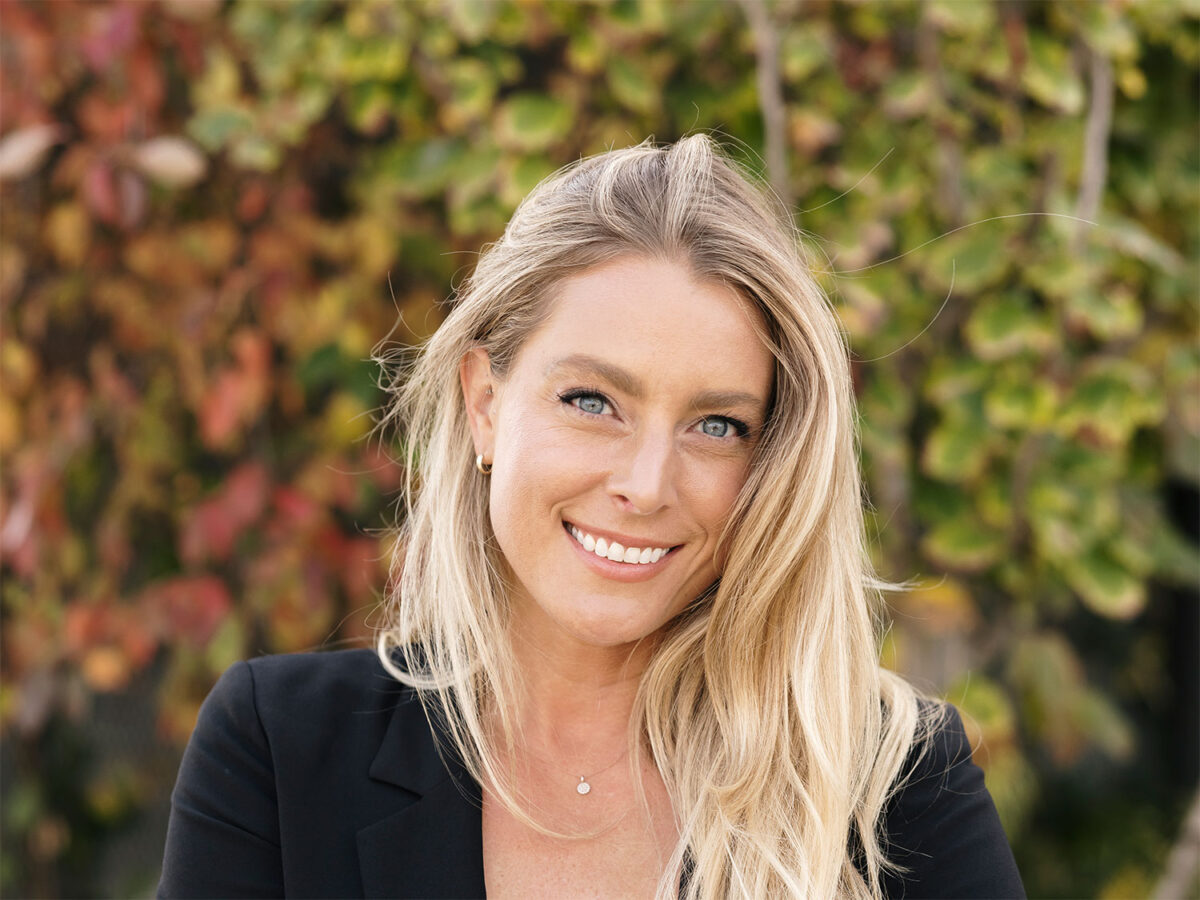State and local governments are responding to an “explosion” in COVID-19 cases with new restrictions designed to encourage and require vaccinations and stem the spread of the deadly virus. Both the Los Angeles City Council and the Los Angeles County Board of Supervisors have officially begun exploring city – and county – wide vaccination requirements for indoor spaces. Additionally, the state has introduced vaccine requirements for all school employees. Hospitals, too, now require proof of vaccination or a negative COVID-19 test within 72 hours.
On Aug. 10, the Los Angeles County Board of Supervisors voted unanimously to look into options to require residents to show proof of vaccinations to enter certain indoor spaces, though exactly which spaces are still being determined. The Board directed the L.A. County Department of Public Health to provide a report in two weeks on the specifics of the plan, and how it will be enforced. If passed, the new rules would only apply to unincorporated areas of the county and would not apply to Beverly Hills.
The city of Los Angeles is considering a similar proposal. On Aug. 4, L.A. City Council President Nury Martinez and Councilmember Mitch O’Farrell introduced a motion to require vaccine proof at restaurants, bars, gyms, stores, spas, movie theaters, concert venues, and sporting events. The motion passed unanimously on Aug. 11. Now, city attorneys will draft legislation to come back before the Council.
While the City of los angeles and the county have begun openly exploring increased restrictions for unvaccinated people, the Beverly Hills City Council has yet to meet to address the matter. “With the spread of the Delta variant and constantly evolving guidelines, the City Council continues to closely monitor these issues,” Beverly Hills Chief Communications Officer Keith Sterling told the Courier on Aug. 12.
On Aug. 11, Newsom introduced toughest-in-the-nation requirements mandating that school employees must either be vaccinated or submit to weekly COVID-19 testing. On the same day, the California Department of Public Health (CDPH) began requiring visitors to general acute care hospitals, skilled nursing, and intermediate care facilities in California to show either proof of vaccination or documentation of a negative COVID-19 test within 72 hours of the hospital visit.
“We are eager to see the written plan from the state,” BHUSD Superintendent Dr. Michael Bregy said in a statement to the Courier. “Until then, we are having positive discussions with our labor partners to ensure we achieve our common goal to keep our schools open with the least amount of disruption to the continuity of in-person instruction in the safest way possible.”
Alana Castanon, president of the Beverly Hills Education Association, the union representing BHUSD employees, told the Courier that the union “intends on complying with all state and county health orders.”
“BHEA members want to be in our classrooms with our students,” she wrote in an email. “The governor’s announcement yesterday is supported by the California Teachers Association, requiring vaccine verification or testing for all school staff as an appropriate next step to ensure the safety of our school communities and to protect our youngest learners under 12 who are not yet vaccine eligible from this highly contagious Delta variant.”
The Beverly Hills Unified School District said in an Aug. 6 email that it does not require COVID-19 vaccinations, in line with Los Angeles County Department of Public Health (Public Health) guidelines. Students must provide a negative COVID-19 test if they have traveled outside California 10 days prior to starting school, in addition to complying with other Public Health regulations.
Starting Aug. 11, anyone visiting a medical facility in California must show either proof of vaccination or a negative COVID-19 test within 72 hours, according to a new order from the California Department of Public Health.
“The more individuals get vaccinated, the closer we get to progressing beyond this pandemic,” the department wrote in an Aug. 5 statement when the new policy was announced. “And the more people are vaccinated in any given setting, the safer that setting becomes.”
A steady rise in COVID-19 cases across LA County – 2,622 new cases were recorded on Aug. 10 – has caused countywide hospitalizations to double in just 15 days, from 745 on July 24 to 1,503 on Aug. 8. Statewide, COVID hospitalizations have seen a similar spike, from 2,981 hospitalized COVID-positive patients on July 25 to 5,973 on Aug. 8.
This latest wave has been driven by the highly contagious Delta variant. “Every time that we leave the window open here in the U.S., or in the world, and we are not being careful with these viruses, they tend to mutate, they change, they try to adapt to us and they become very efficient,” Dr. Ilan Shapiro, Medical Director of Health Education and Wellness for Altamed, told the Courier.
Given the current spread of COVID-19, Dr. Shapiro stressed the importance of getting more vaccines into more arms to prevent the mutation of another, possibly more virulent and deadly strain. “One of these days, it could be the epsilon or lambda variant,” he said. “That’s why it’s so important to layer as many public health barriers between us and COVID-19.”
Cedars-Sinai Medical Center and Ronald Reagan UCLA Medical Center, the two largest hospitals near Beverly Hills, have both confirmed that they are complying with the new orders. However, while UCLA specifies that it will accept a negative COVID test acquired within 72 hours of the visit as an alternative to official vaccination verification, Cedars-Sinai does not.
When asked whether a negative COVID test would grant entry into Cedars-Sinai, a spokesperson told the Courier, “The inpatient visitation policy is exactly as it appears on the site now.”
Suitable forms of proof include a CDC-issued Vaccination Record Card, a WHO Yellow Card, a photo of a Vaccination Record card, documentation of the vaccination from a health care provider, or a digital record with a QR code. All forms of ID must include the visitor’s name, the type of vaccine, and the date of the vaccine administration. Digital records must also include the visitor’s date of birth.
Cedars-Sinai does not allow visitors for patients with moderate or high suspicion of having COVID-19, unless a clinical team considers the patient to be end of life. In that case, the patient will be allowed one visitor a day for two hours. UCLA Health does not specify their policy on visitation of COVID-positive patients and did not respond to questions.
Visitors can obtain a digital copy of their vaccination records online at https://myvaccinerecord.cdph.ca.gov.
Additional reporting by Michael Wittner







